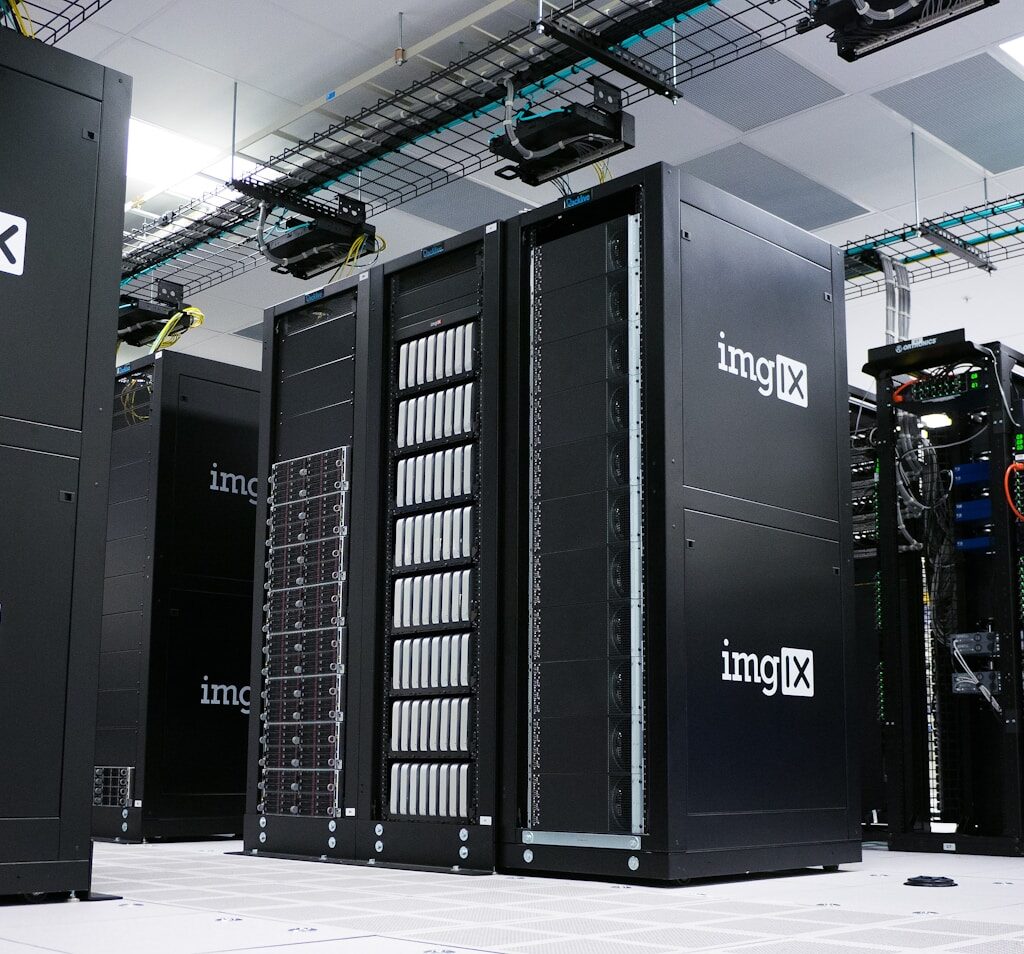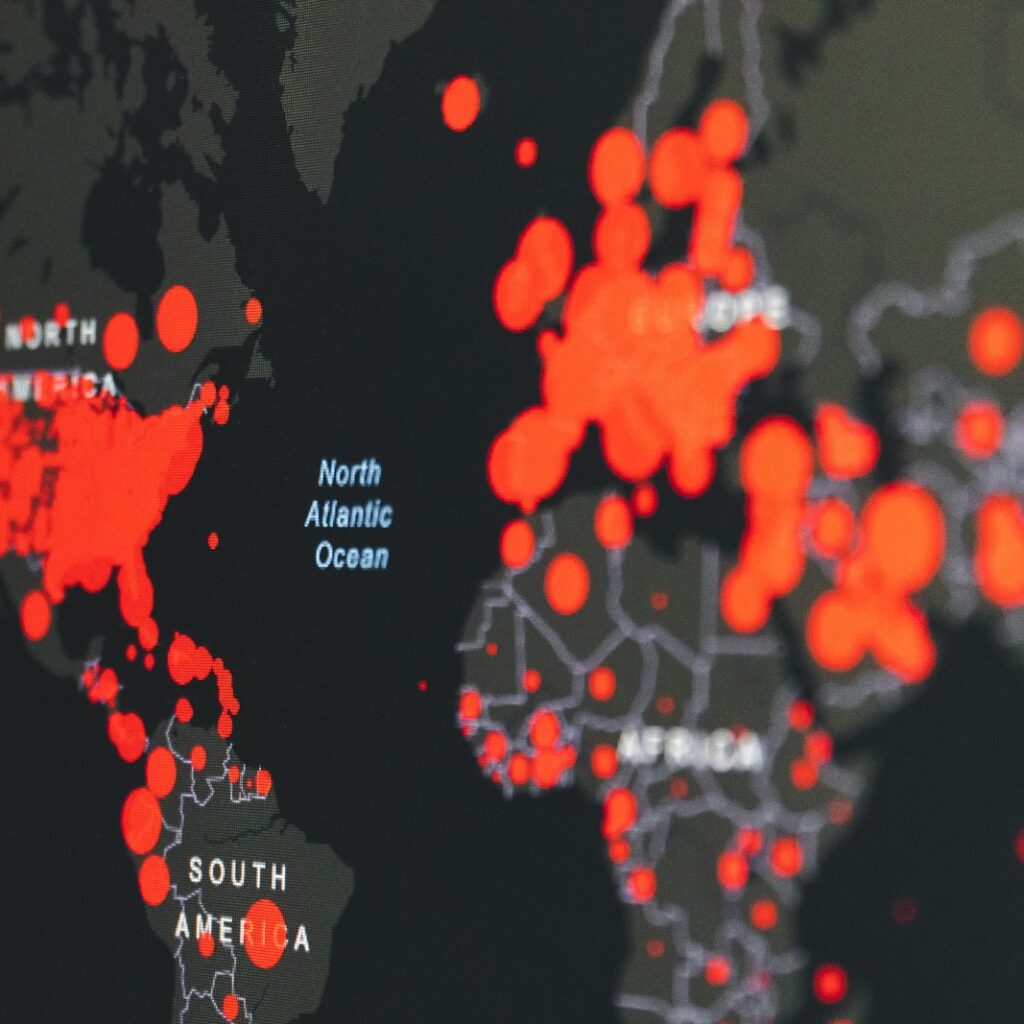In the rapidly evolving hospitality industry, technology is playing an increasingly vital role in enhancing operational efficiency, improving guest experience, and maximizing profitability. One of the most transformative technologies in recent years is cloud-based software. For modern hotels around the world, from luxury resorts in India to boutique hotels in New York City, the adoption of cloud technology has proven to be a game-changer.
But what exactly makes cloud-based software so valuable for the hospitality sector? In this blog post, we will explore the key benefits of cloud-based software for hotels, including how it can streamline operations, improve data security, and offer scalable solutions for growth. We’ll also dive into why this technology is critical for hotels in India and global destinations to stay competitive and meet the expectations of today’s tech-savvy travelers.


1. Enhanced Operational Efficiency
Cloud-based software helps hotels streamline operations by automating time-consuming tasks such as reservations, check-ins, and billing. Traditional systems often require on-site hardware, which can be cumbersome and slow to update. In contrast, cloud-based systems offer a more agile and integrated approach to hotel management, allowing for real-time access to all necessary data from anywhere.
Why It Matters:
- Real-Time Data Access: Hotel managers and staff can access guest data, reservations, and operational metrics from any location, enhancing decision-making and speeding up responses to guest needs.
- Automated Processes: Many routine tasks, such as invoicing or guest communication, can be automated, freeing up staff time to focus on providing excellent customer service.
- Integrated Solutions: Cloud-based systems can connect different hotel departments, such as front desk, housekeeping, and maintenance, through a centralized platform. This integration helps reduce errors and ensures smoother coordination.
Tip: Hotels can benefit from cloud-based Property Management Systems (PMS), which allow seamless coordination between departments, leading to a smoother guest experience and improved operational workflows.


2. Scalability and Flexibility
As hotels grow or expand into new markets, they need systems that can scale alongside their business. Cloud-based software is designed to be highly flexible and scalable, making it ideal for hotels of all sizes, from small guesthouses in Kerala to large international chains.
Why It Matters:
- Easy to Scale: With cloud software, adding new locations, rooms, or services is much easier than with traditional systems. You can scale up or down based on your hotel’s needs without the hassle of installing new hardware.
- Flexible Payment Models: Cloud software usually follows a subscription-based model, meaning hotels only pay for what they use. This cost-effective pricing structure makes it easier for hotels to adjust their software solutions as their needs evolve.
- Adaptability for New Markets: Whether you’re expanding into new regions or launching a new service (like spa packages in Goa or event spaces in Delhi), cloud-based systems can adapt quickly to accommodate changes and new business offerings.
Tip: Cloud-based solutions allow for multi-property management, which is particularly valuable for hotel chains with multiple locations in different regions, ensuring centralized management of all properties.
3. Improved Data Security and Backup
One of the top concerns for hotels is protecting sensitive guest information, including personal data and payment details. Traditional on-site systems can be vulnerable to breaches or system failures. Cloud-based software provides enhanced data security and robust backup solutions that are essential for safeguarding sensitive information.
Why It Matters:
- Advanced Security Measures: Cloud-based providers use state-of-the-art encryption, secure payment gateways, and multi-factor authentication to protect guest data.
- Automatic Backups: Unlike traditional systems that require manual backup, cloud software automatically backs up data in real-time, ensuring that your hotel’s information is never lost due to hardware failure or other issues.
- Compliance with Regulations: Many cloud-based software providers ensure their systems are compliant with data protection regulations such as the GDPR in Europe or the Data Protection Bill in India, giving hotels peace of mind when handling guest information.
Tip: Regular security updates and system patches are automatically handled by cloud software providers, reducing the risk of cyberattacks or system vulnerabilities.


4. Access to Real-Time Analytics and Insights
One of the key advantages of cloud-based software is its ability to provide real-time data analytics and business insights. These insights allow hotel managers to make data-driven decisions, improve performance, and identify new revenue opportunities.
Why It Matters:
- Revenue Management: Cloud-based tools allow hoteliers to analyze trends in occupancy rates, room pricing, guest preferences, and more. This information can help optimize pricing strategies and improve RevPAR (Revenue per Available Room).
- Guest Satisfaction: Real-time guest feedback and behavior tracking enable hotels to address issues promptly and improve the overall guest experience. Data can also be used to tailor marketing efforts and create personalized offers for guests.
- Operational Monitoring: Cloud software provides detailed reports on everything from housekeeping performance to booking patterns, giving hotel managers the insights needed to improve operations and drive efficiency.
Tip: Leverage cloud-based Customer Relationship Management (CRM) tools to gain a deeper understanding of your guests’ preferences, which can help you deliver personalized experiences and increase guest loyalty.


5. Seamless Integration with Third-Party Systems
In the modern hospitality ecosystem, hotels rely on various third-party systems to manage reservations, guest communication, payment processing, and more. Cloud-based software allows for seamless integration with these external systems, ensuring smooth communication and coordination between platforms.
Why It Matters:
- Global Distribution Systems (GDS): Cloud software can easily integrate with GDS platforms like Amadeus, Sabre, or Travelport, allowing hotels to manage room inventory and availability across global booking channels, including OTAs and travel agents.
- Payment Gateways: Integration with secure payment systems ensures that transactions are processed smoothly, reducing friction at the point of sale and enhancing the guest booking experience.
- Channel Management: A cloud-based system allows for real-time updates across all channels, ensuring that room availability is accurately reflected across platforms like your hotel’s website, OTAs (e.g., Booking.com, Expedia), and metasearch engines.
Tip: Cloud-based systems can automate rate parity management across channels, ensuring consistent pricing and avoiding discrepancies that may cause confusion among potential guests.

6. Enhanced Collaboration and Remote Management
Cloud-based software allows multiple users (such as hotel staff, managers, or owners) to access the system simultaneously from different locations. This enhances collaboration between teams, allows for remote management, and makes it easier to manage a hotel even if you’re not on-site.
Why It Matters:
- Remote Access: Whether you’re traveling for business or managing multiple properties, cloud-based systems allow you to access your hotel’s operations from anywhere with an internet connection.
- Multi-User Access: Multiple staff members can access the system simultaneously, allowing for easier collaboration between departments like front desk, housekeeping, and maintenance.
- Centralized Control: Hotel owners or general managers can oversee all properties, operations, and data from a single, centralized dashboard, making remote management of multiple locations much easier.
Tip: Use cloud-based software to manage your hotel’s inventory, reservations, and guest communications from anywhere, providing flexibility for hotel owners and managers on the go.


